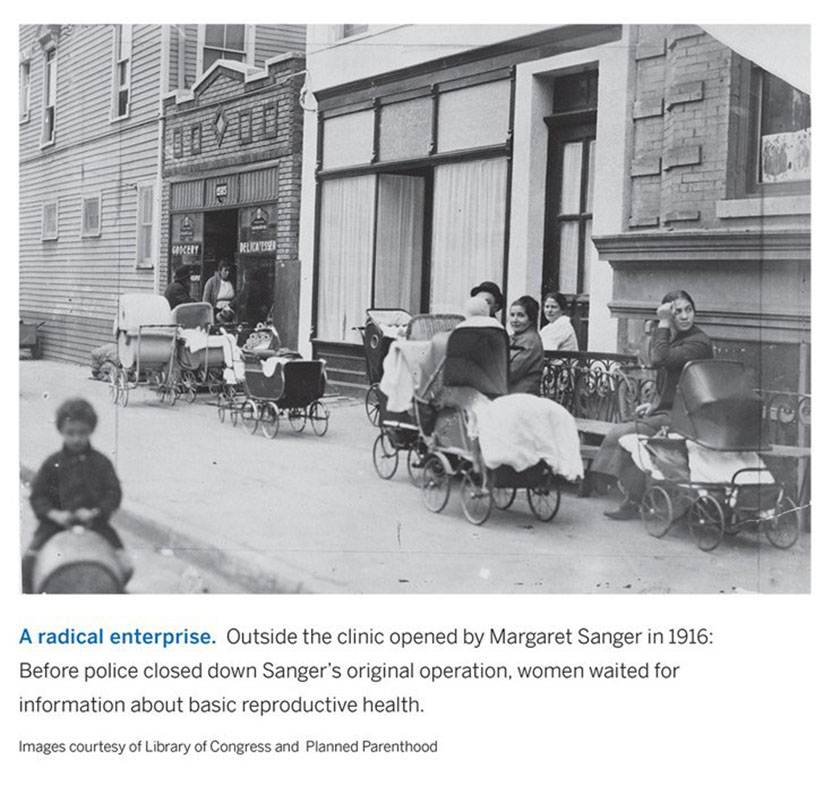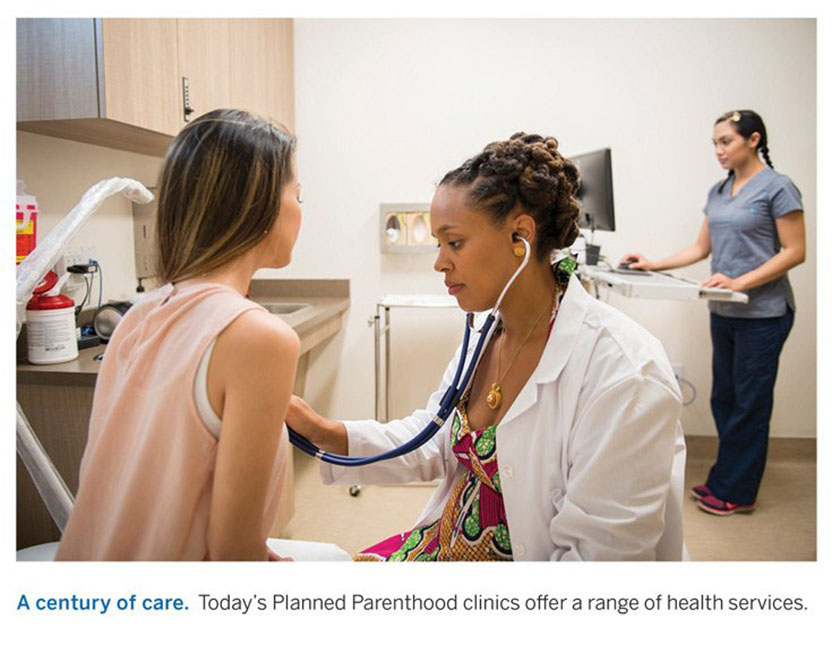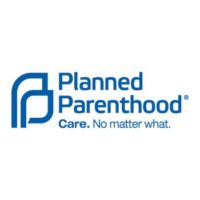
In 1916, a time when publishing pamphlets on contraception was illegal, Margaret Sanger opened the first birth control clinic in the U.S. and thus laid down roots for the institution that would grow into Planned Parenthood. Women of Brooklyn and beyond waited with their baby buggies to pay 10 cents for accurate information that was difficult to find elsewhere: basic education about the reproductive system and instructions about how to avoid pregnancy. Sanger believed that women’s welfare—and that of their families—depended on their ability to decide whether and when to have children. Ten days later, Sanger was arrested and the clinic was shut down. She reopened it after serving her 30-day sentence. In 1921, Sanger established the American Birth Control League.
In 1937, Mary Lasker read about the intrepid Sanger. Impressed by her bravery and drawn by the idea that people should determine the size of their own families, Lasker made a donation to the American Birth Control League and subsequently joined its board. Albert Lasker supported Sanger’s work as well, and he proposed a new name for her operation—one that better reflected its positive mission and that might ease its public acceptance. In 1942, his suggestion was accepted, and the organization became the Planned Parenthood Federation of America. Since its inception, Planned Parenthood has upheld Sanger’s commitment to reproductive rights.
Steered by the principle that women need information and care to live strong, healthy lives, the agency now operates in 50 states and its impact spans the globe. In addition to family planning services, it provides a range of preventive care. For example, its health centers screen for breast and cervical cancer, and they combat sexually transmitted infections (STIs). Planned Parenthood’s widely respected sex education programs reach 1.5 million people every year.
In 2015, Planned Parenthood dispensed contraception to more than 2.5 million women. It performed more than 320,000 breast examinations and almost 295,000 Pap tests. These procedures revealed cancer or precancerous abnormalities in almost 72,000 women. The organization provided 4.2 million tests and treatments for STIs, including HIV; its workforce diagnosed more than 200,000 STIs. The same year, Planned Parenthood administered 22,000 human papillomavirus (HPV) vaccinations (whose development is being honored by this year’s Lasker~DeBakey Clinical Medical Research Award), which protect against the high-risk HPV types that cause more than 70 percent of cervical cancer and contribute significantly to HPV-induced cancers of the anus, penis, vagina, vulva, and throat.

Men as well as women receive sex education and direct care from Planned Parenthood, including STI services and free or low-cost condoms. Some centers screen men for cancer, perform vasectomies, offer testing and treatment for urinary tract infections, and provide erectile dysfunction education, exams, treatment, and referrals.
Collectively, Planned Parenthood health centers delivered 9.5 million services during 2015. Its STI and contraception activities are the most frequently accessed. STI tests and treatments, contraception, cancer screening and prevention, and abortion comprise, respectively, 45 percent, 30 percent, 7 percent, and 3 percent of the agency’s activities. Planned Parenthood’s efforts in the area of contraception and family planning have contributed significantly to a drop in the unintended pregnancy rate in the U.S., which hit a 30-year low point in 2011, the most recent date for which data are available. Similarly, in 2014, the abortion rate fell to its lowest level since the 1973 Roe v. Wade decision.
Many women have nowhere other than Planned Parenthood to turn for basic medical services. Its highly trained clinicians and counselors provide essential, low-cost care. Three-quarters of Planned Parenthood’s clientele have incomes at or below 150 percent of the federal poverty level—the equivalent of $36,900 a year for a family of four in 2017. More than half of its health centers operate in rural or otherwise medically underserved areas, and its family planning programs are commonly the only ones available for many residents.
Planned Parenthood’s crucial role in the U.S. medical care system has been highlighted by the number and prominence of professional organizations that have emphasized the importance of ongoing federal funding for the agency. The American Medical Association, the American Congress of Obstetricians and Gynecologists, the American Public Health Association, and dozens of other organizations that represent health care and public health professionals have ardently advocated continued backing for Planned Parenthood.
Although Planned Parenthood’s direct contact with patients ends at our nation’s borders, it supports partners in 12 Latin American and African countries, to deliver reproductive health information and services to people in some of the world’s most neglected regions. The resulting programs have reached more than 1.5 million clients.
Planned Parenthood has helped woman manage their fertility for more than 100 years, and it now provides a range of preventive, life-saving medical services. Through its direct work with individuals as well as its advocacy, the agency has spearheaded—and continues to lead—efforts that protect the health of women and families.
by Evelyn Strauss



